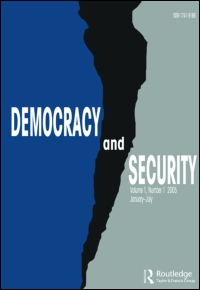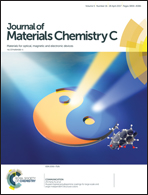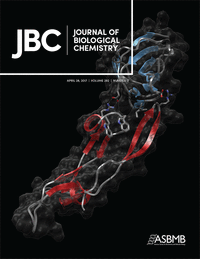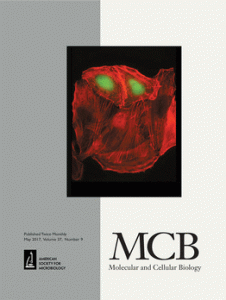 A publisher has retracted all of the papers it published by a researcher in Nigeria, citing plagiarism.
A publisher has retracted all of the papers it published by a researcher in Nigeria, citing plagiarism.
The papers, all about terrorism and gender-based violence, were written by Oluwaseun Bamidele. The journal editors and the publisher, Taylor & Francis, decided to retract nine papers by Bamidele because of the overlap to other works — which he also failed to reference.
Bamidele — who also lost a paper on Boko Haram for the same reason — told us he didn’t learn about what constitutes plagiarism until his graduate studies, after he’d already written the now-retracted manuscripts:
Continue reading Gender-based violence researcher now up to 10 retractions for plagiarism





 A diabetes researcher who once sued a publisher to prevent several retractions has just issued his 12th.
A diabetes researcher who once sued a publisher to prevent several retractions has just issued his 12th.